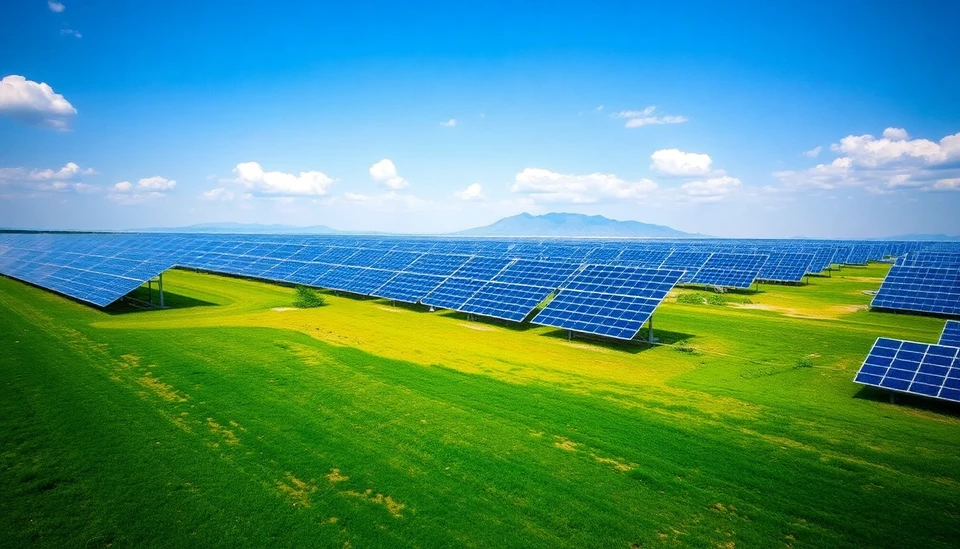
In a significant development within the renewable energy sector, Pakistan has witnessed a rapid and unexpected boom in its solar energy production, which is gaining international attention. As the world continues to grapple with the pressing challenges of climate change, Pakistan's transition towards sustainable energy sources presents a model for other nations. This surprising growth in solar energy capacity is not only reshaping the energy landscape of the nation but also reinforcing its status as a leader in the fight against global warming.
Recent reports indicate that Pakistan has made remarkable strides in expanding its solar power capacity, which has tripled in just a few short years. The government’s proactive measures to support the deployment of solar technology, coupled with the country's ample sunshine, have created a fertile environment for renewable energy investments. As a result, various stakeholders—including local entrepreneurs, international investors, and government entities—are coming together to harness the sun's energy, marking a pivotal shift in the nation’s energy policy.
Experts attribute this solar boom to several factors, including increasingly affordable solar technologies, favorable government policies, and a growing awareness of renewable energy's benefits among the public. The development of solar parks and incentive programs has actively encouraged both large-scale projects and small household installations. This collective effort not only helps to meet the rising electricity demand in Pakistan but also reduces the reliance on fossil fuels, which have long dominated the energy market.
During the recent COP29 climate discussions, Pakistani officials showcased the nation's solar expansion as a crucial positive development in combating climate change. The country is on track to significantly reduce its carbon footprint, aligning its energy strategies with the global commitment to achieving net-zero emissions. With this shift, Pakistan is poised not just to improve its own environmental sustainability but to inspire neighboring countries to follow suit.
Moreover, the societal impacts of this solar boom are noteworthy. Renewed access to electricity, particularly in remote and underprivileged areas, has fostered educational and economic opportunities that were previously limited. As households gain access to reliable power, the potential for entrepreneurial ventures and community development increases, laying the groundwork for long-term growth and stability.
However, challenges remain. The country still faces significant hurdles in terms of grid infrastructure and the integration of solar energy into its existing energy system. To fully realize the potential of solar power, Pakistan must invest in modernizing its grid, ensuring that this renewable energy source can consistently meet demand without fluctuations.
In conclusion, Pakistan's solar energy boom is a compelling narrative of hope and determination amidst a global energy crisis. It not only showcases the potential for renewable energy to drive positive change but also offers a beacon of progress in the realm of climate action that could pave the way for other countries grappling with similar challenges.
#PakistanSolarBoom #RenewableEnergy #ClimateChange #COP29 #SustainableDevelopment #SolarPower #EnergyTransition
Author: Sophie Bennett
